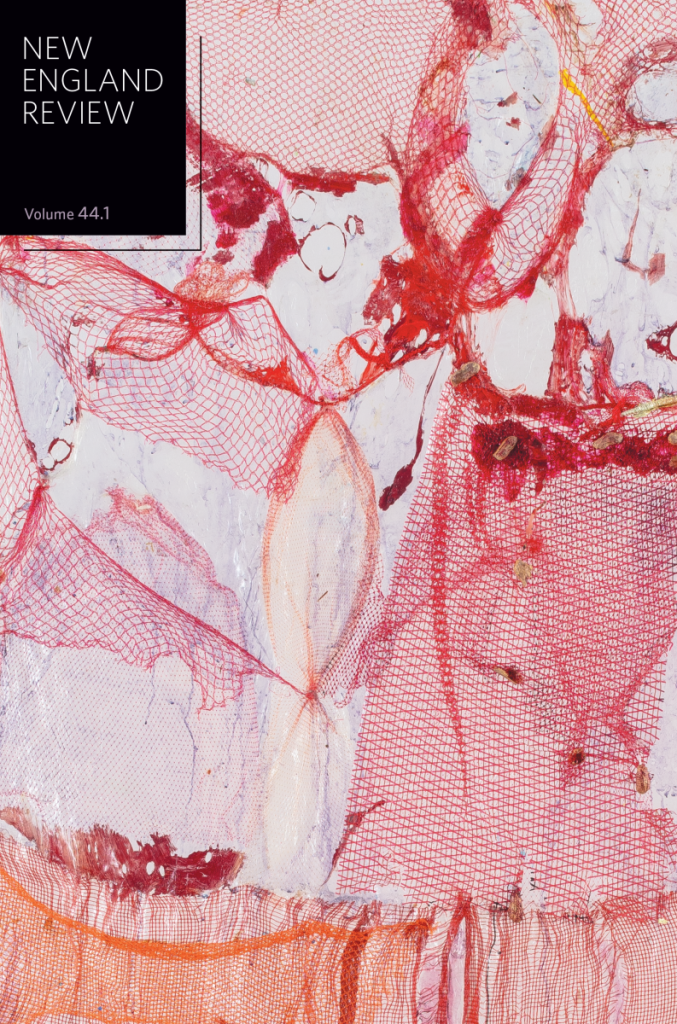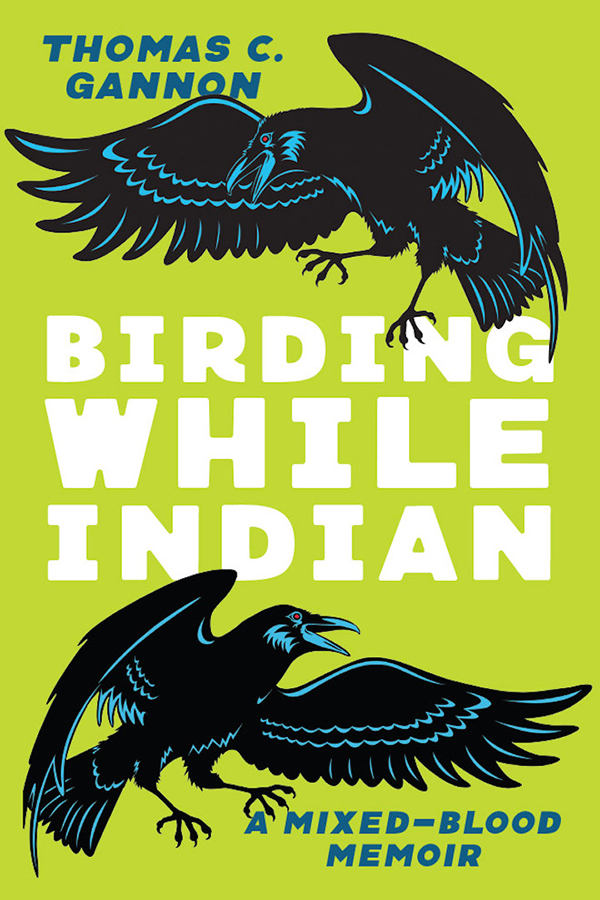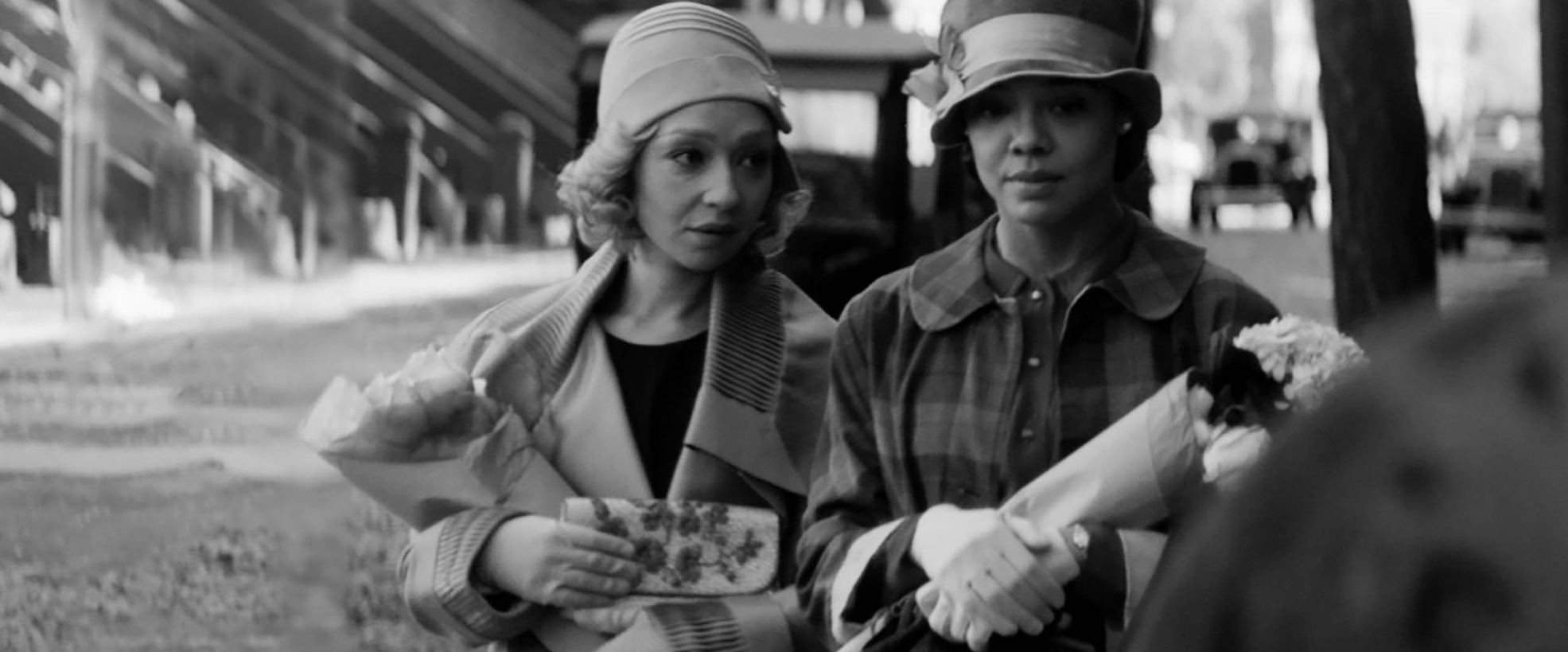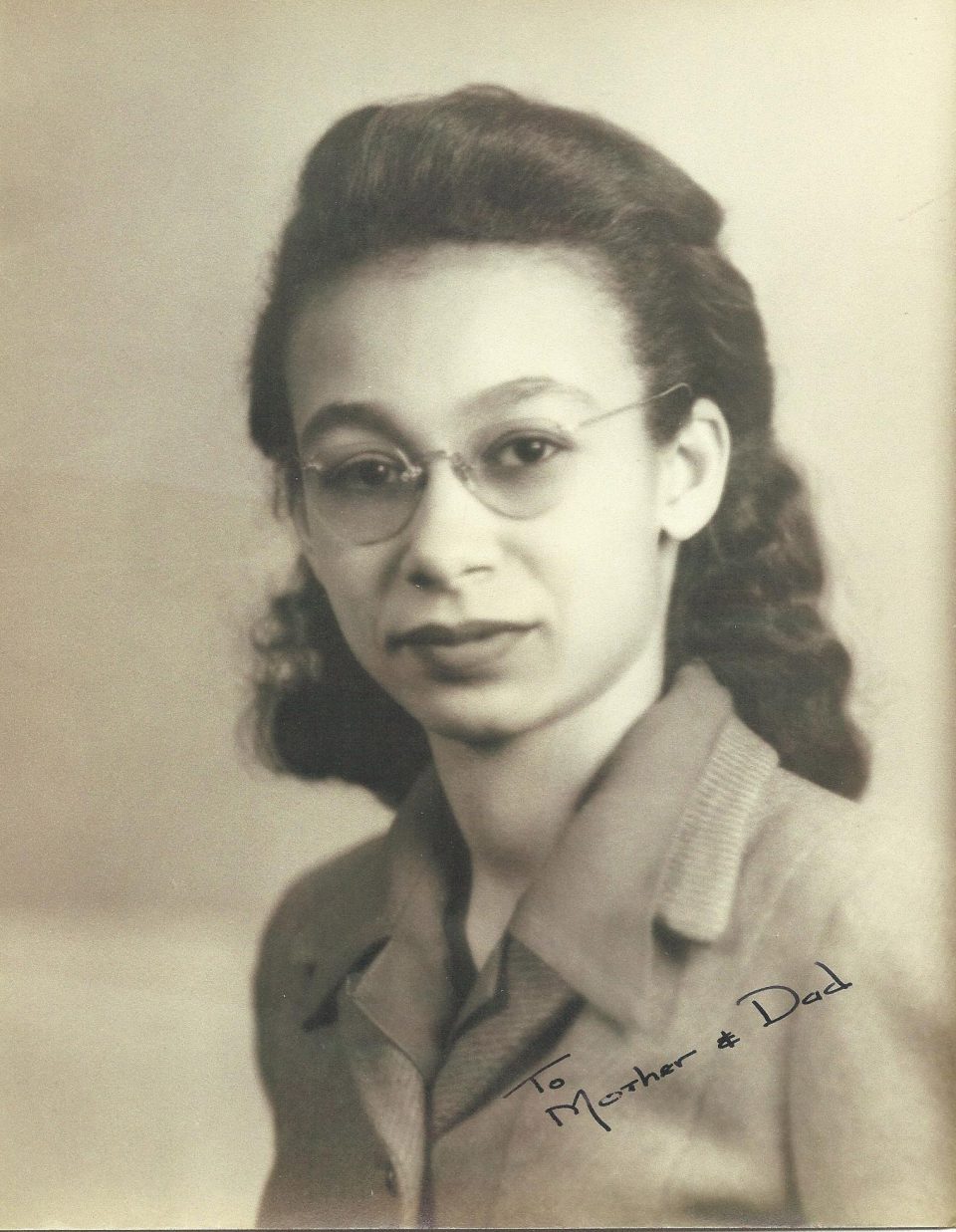Topsy-Turvy
New England Review
Volume 44, Number 1 (2023)
Herb Harris

“It’s funny about ‘passing.’ We disapprove of it and at the same time condone it. It excites our contempt and yet we rather admire it. We shy away from it with an odd kind of revulsion, but we protect it.”
—Nella Larsen, Passing
I started with a group of boxes that looked like the oldest ones in the attic. The packing tape easily lifted away, no longer sticking to the cardboard, and wine glasses and dishes emerged from pages of the Washington Post from the 1970s. Several heavy boxes contained papers and photographs belonging to my grandparents, but there was one surprisingly light box. I opened it to find a collection of hand-sewn dolls and animal puppets, just a dozen or so of the thousands I knew my grandmother had made when she was a volunteer at Children’s Hospital over the years.
Among the clowns, frogs, and bunnies was one doll that had clearly been sewn with greater care and detail than the others. I recognized it as Grandma’s work, but it had a design I’d never seen before. It was a girl with light pink skin, blue eyes, and blond hair, wearing a long floral dress with a lace collar and a pink bow. I flipped it over to reveal another girl, this one with very dark brown skin, black hair, and brown eyes. The two figures were joined at the torso, and the exaggerated contrast between their features gave the second doll a blackface quality. I remembered that toys like these were called Topsy-Turvy dolls and vaguely associated them with offensive Jim Crow cartoons and minstrel shows. Why would my grandmother, a Black woman, make such a thing? Grandma had died more than twenty years before, and, holding this strange doll in my hands, I had the sense that this was her last word on race.
A little research reveals that Topsy-Turvy dolls originated during the time of slavery. No one can ascribe a single meaning or purpose to them, but their dual identity suggests a connection to the mixed-race children who were a part of the plantation world. These children were enslaved people who could be bought or sold by law. They were also relatives of their owners: cousins, half-siblings, sons, and daughters. These relationships were usually denied, but they were often open secrets. The children might be symbols of the master’s potency or shameful reminders of his transgressions, or they might be objects of love or victims of abuse, but their existence was always charged with hidden meanings and deep conflicts. They could only be talked about with code words filled with ambiguity, like the language my grandparents used when they talked about race. Topsy-Turvy dolls were part of this language. They embodied many things that could never be said…
Read the entire article here.









